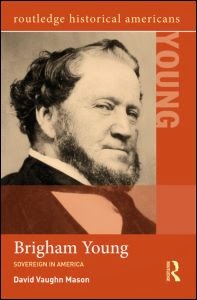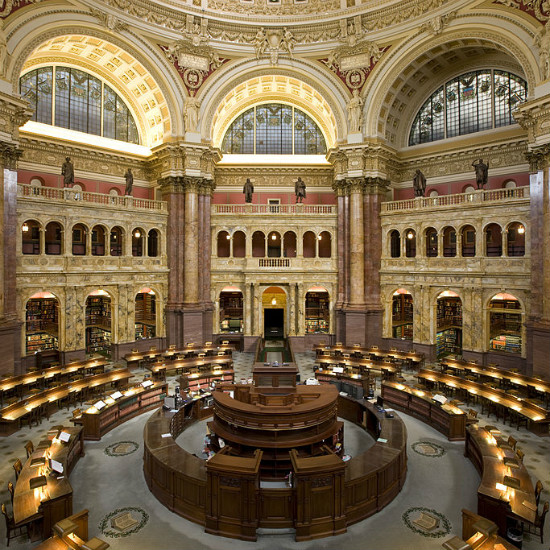
Perhaps it’s an example of historical over-reach. But I’m reasonably comfortable suggesting that the LDS church in its current form—in its current character—is much more the product of Brigham Young’s practical determination than of Joseph Smith’s earnest vision. At least, a good case can be made that the way that LDS Mormons are more concerned with moving refrigerators than they are with theological proofs of god’s existence is the consequence of Brigham’s socialist pragmatism rather than of Smith’s religious imagination. Certainly, the way in which LDS people are encouraged to think of the “President of the Church” as the pinnacle of an upwardly-narrowing hierarchy is the consequence of how Brigham shaped and then inhabited this office.
Where Smith’s organization was always in some disarray as a consequence of his inclination to spread authority out horizontally, Brigham, rather brutishly, in fact, shaped the institution vertically. One finds a stark picture of Brigham the Bully in Gary J. Bergera’s Conflict in the Quorum. In Iowa in 1847, Brigham elbows his way into this supreme position, to operate, as he said, “untrammelled”. Pushing two centuries later, the LDS church seems as committed as ever to sustaining a cult of personality around whichever person happens to occupy the chair that Brigham built.
It’s possible—genuinely possible—that there would be no LDS church if not for Brigham’s beastliness. Hard to say, since anything but what actually did happen can only be speculation, and what did happen was that Brigham refused to assimilate into the American mainstream, refused to capitulate to storms and disease, refused to compromise with his own people, and refused to acknowledge anyone else. Brigham refused to let anything be but what he wanted, and what he wanted was a peculiar people, planted solidly in the mountains of the American west, under his authority, and in spite of any objection. The consequence of his stubborn determination was that nothing—not famine, armies, or democracy—could kill off his LDS followers.
What might have been otherwise? Hard to say.
Stephen Usery of Book Talk and I talked over Brigham and his legacy, recently. You can listen to the interview here.











